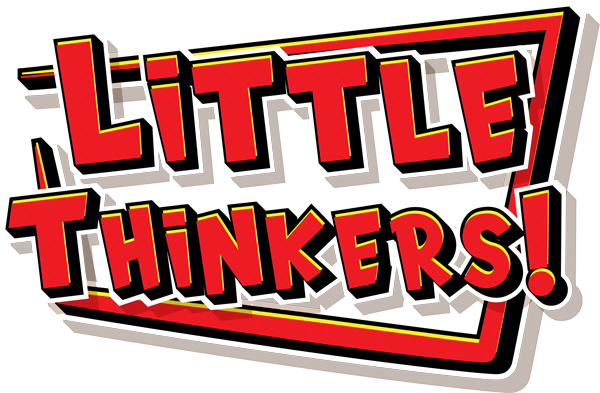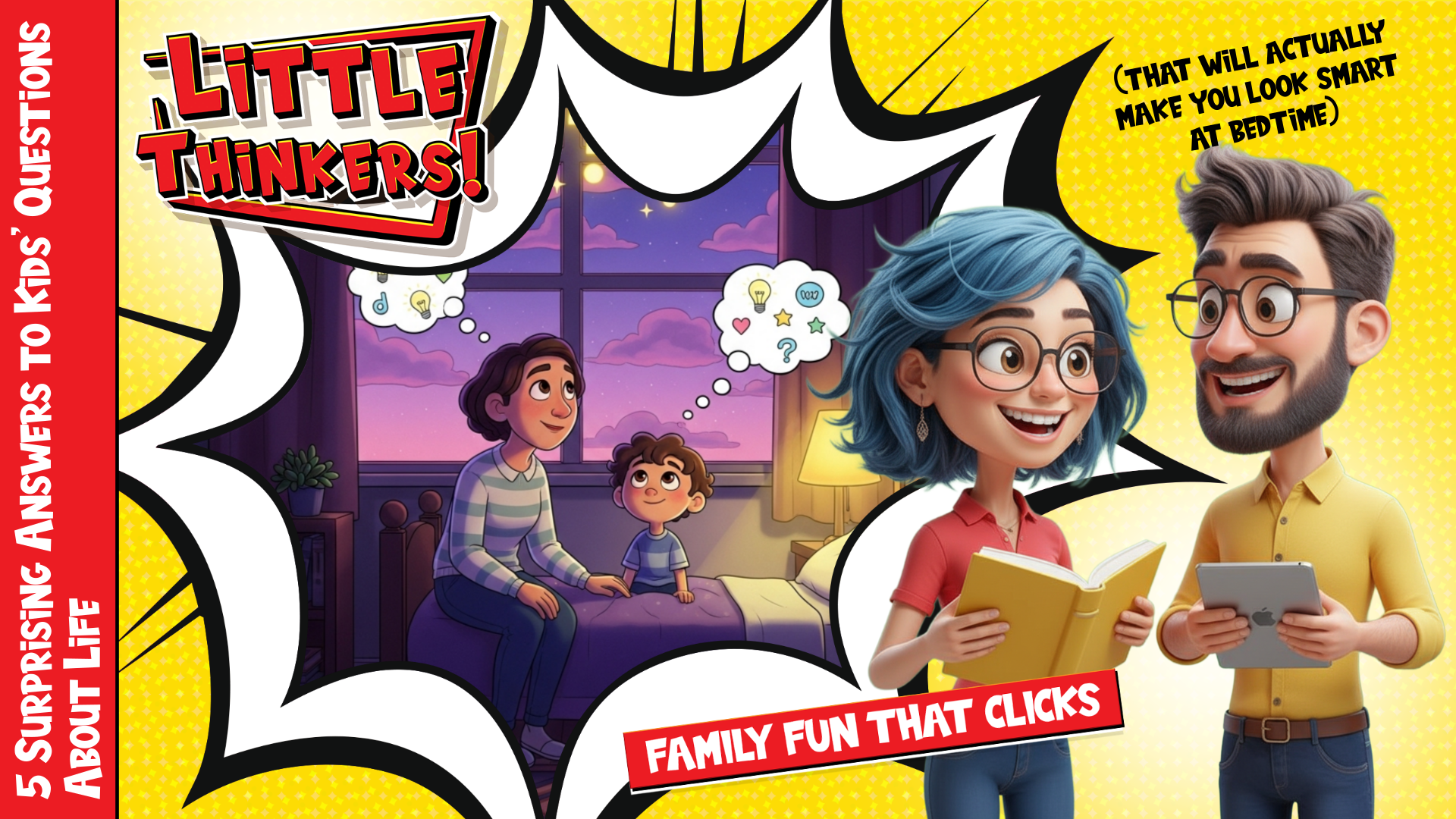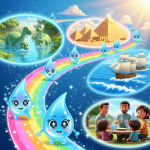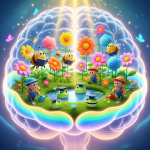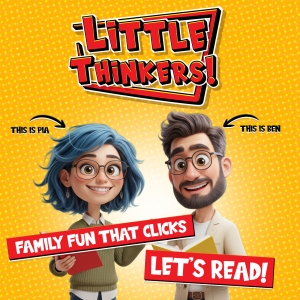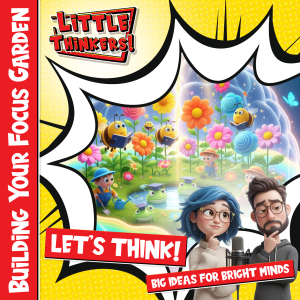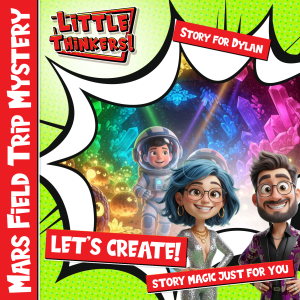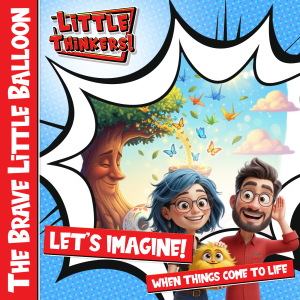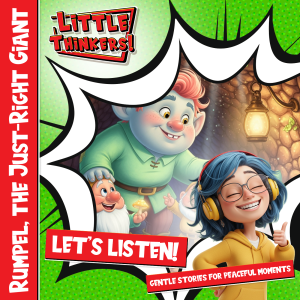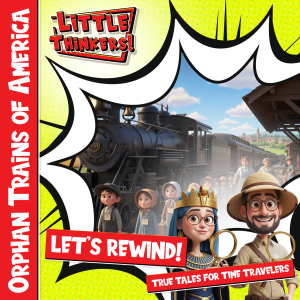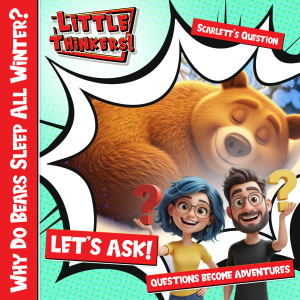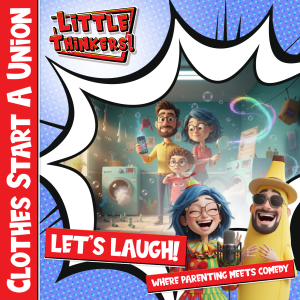When Little Minds Ask Big Questions (And Parents Panic Just a Little)
Picture this: You’re tucking your seven-year-old into bed when they suddenly look up with those impossibly wide eyes and ask, “Mom, why do we exist?” Your brain does a little somersault. You came prepared for requests for water, complaints about monsters under the bed, maybe even a negotiation about five more minutes of reading time. But existential philosophy? That wasn’t on tonight’s parental agenda.
Welcome to the wonderful, slightly terrifying world of kids’ questions about life. These aren’t your garden-variety “Why is the sky blue?” inquiries. Oh no. These are the deep, soul-searching questions that would make ancient Greek philosophers stroke their beards thoughtfully. And somehow, your eight-year-old just casually drops them between asking for a glass of milk and wondering if their stuffed elephant has feelings.
The Great Question Explosion (And Why It Happens)
Around age six, something magical happens in children’s brains. They develop what scientists call “theory of mind” – the ability to understand that other people have thoughts, feelings, and perspectives different from their own. It’s like someone just handed them the keys to the universe and said, “Go explore!” And explore they do, with the enthusiasm of tiny philosophical detectives.
Suddenly, everything becomes questionable. Why do people die? What happens when we sleep? Do animals think like we do? Where do thoughts come from? It’s as if your child has transformed into a miniature Socrates, armed with unlimited curiosity and absolutely no filter.
Parent Survival Tip (For the Philosophically Unprepared)
When your child asks a big life question, resist the urge to panic or deflect with “Ask your father.” These moments are actually precious opportunities to connect with your child’s developing mind. Take a deep breath, embrace the wonder, and remember: you don’t need a philosophy degree to have meaningful conversations with your little thinker.
The Beauty of Honest Wondering
Here’s the beautiful secret that many parents don’t realize: kids don’t expect you to have all the answers. They’re not testing your knowledge or trying to stump you with impossible questions. They’re sharing their sense of wonder with the person they trust most – you. When your five-year-old asks, “What makes me, me?” they’re not looking for a dissertation on personal identity. They’re inviting you into their world of curiosity and discovery.
The most surprising thing about children’s toughest questions isn’t how complex they are – it’s how simple and honest the best answers can be. Sometimes the most profound response is simply, “That’s such an interesting question. What do you think?”
Did You Know? (Amazing Brain Facts)
A typical four-year-old asks about 400 questions per day. By age six, they’re asking more complex questions that often touch on themes of identity, purpose, and meaning. This isn’t because they’re trying to drive you crazy (though that might be a delightful side effect). Their brains are literally wired to explore big ideas during this crucial developmental period.
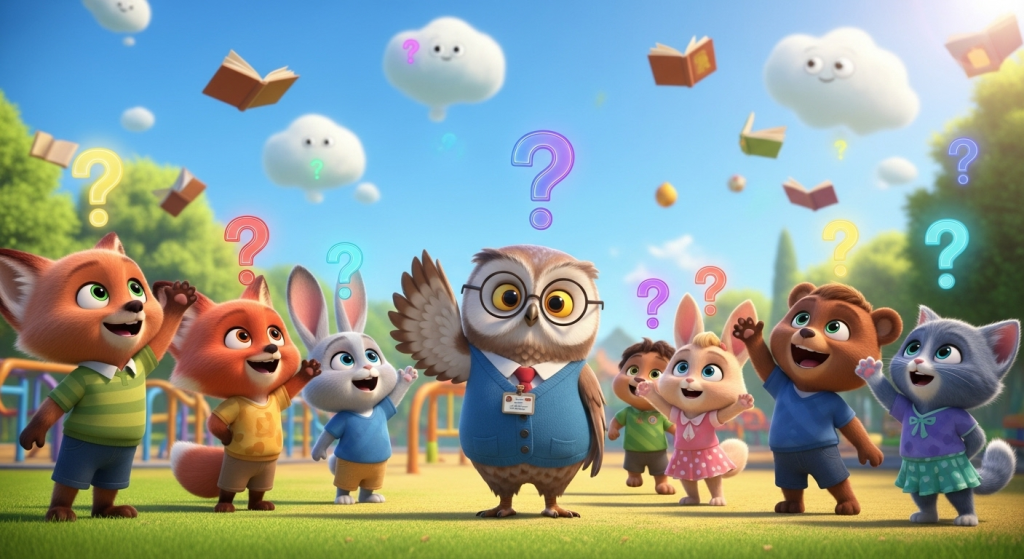
The Science Behind the Questions (And Why Your Child Is Basically a Tiny Genius)
Before we dive into those surprisingly simple answers, let’s take a moment to appreciate what’s actually happening in your child’s developing brain. When your six-year-old asks about the meaning of life, they’re not just being dramatic – they’re demonstrating some seriously impressive cognitive skills.
The Philosophical Development Timeline
Child development experts have discovered that kids’ questions about life follow a fairly predictable pattern. Around age four, children start asking questions about death and what happens after we die. By five, they’re wondering about the nature of dreams and consciousness. Six-year-olds often become fascinated with questions of identity and what makes them unique. And seven and eight-year-olds? They’re ready to tackle the big questions about purpose, meaning, and why the universe exists at all.
This progression isn’t random. It mirrors the development of abstract thinking, empathy, and what psychologists call “metacognition” – the ability to think about thinking. Your child is essentially becoming a little scientist, philosopher, and psychologist all rolled into one adorable, sometimes exhausting package.
The Wonder Window (Critical Thinking in Action)
Research shows that children who are encouraged to ask big questions and explore philosophical ideas develop stronger critical thinking skills, better emotional regulation, and increased empathy. So when your child asks why bad things happen to good people, they’re actually exercising the same mental muscles they’ll use for complex problem-solving throughout their lives.
Why Simple Answers Work Best
Here’s where it gets interesting: the most effective responses to profound questions aren’t necessarily the most complex ones. Child psychologists have found that answering difficult questions from children works best when we match our response to their developmental level while still taking their curiosity seriously.
Think of it like this: if your child asks about the ocean, you don’t need to explain marine biology, oceanography, and climate science all at once. You can say, “The ocean is like a giant bathtub for fish, and it’s so big that we haven’t even discovered all the amazing creatures living in it yet!” You’ve validated their curiosity, given them something concrete to understand, and left room for more questions and exploration.
The Power of Philosophical Conversations
When children engage in philosophical thinking – and yes, that’s exactly what they’re doing when they ask these big life questions – several remarkable things happen. Their vocabulary expands as they grapple with abstract concepts. Their empathy grows as they consider different perspectives. Their creativity flourishes as they imagine possibilities and explore hypotheticals.
Perhaps most importantly, they learn that it’s okay not to have all the answers immediately. They discover that wondering, questioning, and exploring ideas together can be just as valuable as finding definitive answers. This is a life skill that will serve them well long after they’ve stopped asking why the moon follows them in the car.
Brain Building Through Big Questions
Every time your child asks a deep question and you engage thoughtfully with them, you’re literally helping build neural pathways associated with critical thinking, emotional intelligence, and creative problem-solving. Think of these conversations as construction work for their developing minds – no hard hat required, but patience definitely recommended.
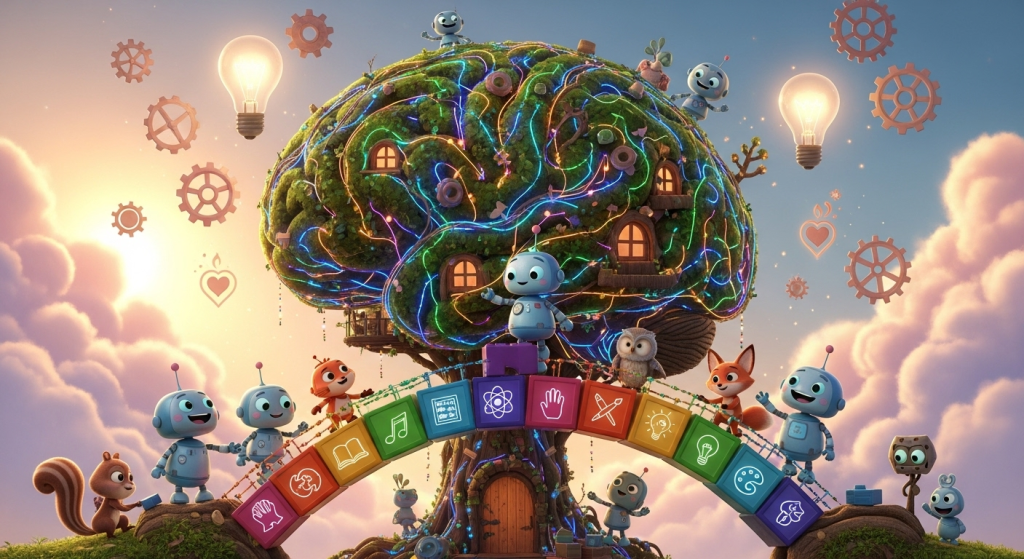
The 5 Surprisingly Simple Answers That Actually Work
Now for the moment you’ve been waiting for – those surprisingly effective answers that will help you navigate even the trickiest bedtime philosophy sessions. These responses have been tested by parents, approved by child development experts, and refined by countless families who’ve discovered that sometimes the best wisdom comes in small, digestible packages.
Question 1: “Why Do We Exist?” or “What’s the Point of Life?”
The Surprisingly Simple Answer: “We exist to learn, love, and make the world a little bit better than we found it. Every day, you get to discover something new, show kindness to someone, and use your special talents to help others.”
This answer works because it gives children a sense of purpose without overwhelming them with abstract concepts they can’t yet grasp. It focuses on actions they can understand and control – learning, loving, and helping – while suggesting that their life has both meaning and potential for positive impact.
Try This at Home (Without Losing Your Mind)
Follow up by asking your child: “What’s something new you learned today?” or “How did you help make someone’s day better?” This turns the abstract concept of purpose into concrete, achievable actions they can recognize in their own lives.
Question 2: “What Happens When We Die?”
The Surprisingly Simple Answer: “When people die, their bodies stop working, but the love they shared and the good things they did continue to live on in the hearts and memories of people who knew them. It’s like how a beautiful song ends, but the melody stays in your mind.”
This approach acknowledges the finality of death while emphasizing the continuation of love and positive impact. The song analogy helps children understand how something can end but still have lasting meaning and presence in our lives.
Question 3: “Where Do Thoughts Come From?”
The Surprisingly Simple Answer: “Thoughts are like seeds that grow in the garden of your brain. They come from things you see, hear, feel, and experience, mixed together with your imagination and memories. Your brain is like the world’s most amazing chef, constantly mixing ingredients to create new ideas.”
This answer helps children understand that thoughts aren’t mysterious or scary – they’re natural products of their experiences and creativity. The cooking metaphor makes abstract cognitive processes feel familiar and manageable.
Thought Detective Game (Fun for Everyone)
Try tracing a thought together: “I’m thinking about ice cream right now. Where do you think that thought came from?” Maybe you saw a picture, heard a sound, or just felt warm. This helps children become aware of how their minds work while making it feel like a fun investigation rather than a complex lesson.
Question 4: “Why Do Bad Things Happen to Good People?”
The Surprisingly Simple Answer: “Sometimes sad or difficult things happen that aren’t anyone’s fault – like storms or sickness. But good people help each other during hard times, and that’s how we find hope and healing. It’s like how flowers can grow even after a big storm, especially when they’re cared for by loving gardeners.”
This response acknowledges that unfairness exists without trying to explain it away, while emphasizing the human capacity for compassion and resilience. It gives children a framework for understanding suffering that includes both reality and hope.
Question 5: “What Makes Me Special?” or “Who Am I Really?”
The Surprisingly Simple Answer: “You are the only person in the whole world who has your exact combination of thoughts, feelings, talents, and experiences. It’s like you’re a one-of-a-kind recipe that the universe created – there will never be another you, and that makes you incredibly precious and important.”
This answer helps children develop a healthy sense of self-worth based on their inherent uniqueness rather than external achievements or comparisons to others. The recipe metaphor makes individuality feel special and intentional rather than accidental or insignificant.
Identity Celebration Activity (That Everyone Will Actually Enjoy)
Help your child create their “special ingredient list” – what makes them uniquely them? Maybe they’re the only person who can make their baby sister laugh in a particular way, or who notices when the neighbor’s cat looks lonely. Celebrate these unique observations and abilities as proof of their special place in the world.

Frequently Asked Questions (And the Honest Answers Every Parent Needs)
Let’s address some of the most common concerns parents have when navigating these deep conversations with their little philosophers. Remember, you’re not expected to be perfect – just present and willing to explore big ideas together.
What If I Don’t Know the Answer?
The liberating truth: “I don’t know” followed by “What do you think?” is often the best response you can give. Children don’t need you to be omniscient; they need you to be curious alongside them. Some of the most meaningful conversations happen when parents and children wonder together rather than when parents lecture from a position of supposed expertise.
Try saying: “That’s such a fascinating question, and I don’t have a perfect answer. Different people believe different things about that. What are your thoughts?” This models intellectual humility while validating their curiosity and inviting them to share their own developing ideas.
How Do I Know If My Answers Are Age-Appropriate?
Watch your child’s reaction. If they seem satisfied and move on to asking about snacks or whether their stuffed animals dream, you’ve probably hit the right level. If they look confused or overwhelmed, try simplifying. If they pepper you with follow-up questions, they’re engaged and ready for slightly more detail.
The beauty of answering challenging questions kids ask is that children will naturally tune out information that’s too complex for them to process. Trust their ability to take what they need and leave the rest.
The Parent Permission Slip (For Imperfect Conversations)
You have permission to give incomplete answers, to say you need to think about something, and to have conversations that meander in unexpected directions. The goal isn’t to provide perfect philosophical dissertations – it’s to show your child that their questions matter and that thinking deeply about life is valuable and worthwhile.
What If My Child’s Questions Make Me Uncomfortable?
Children have a remarkable ability to ask questions that touch on our own unresolved feelings about life, death, purpose, and meaning. If your child’s question triggers anxiety or uncertainty in you, that’s completely normal. Take a breath, acknowledge that it’s a big question, and remember that you can explore it together without having to provide definitive answers.
Sometimes the most honest response is: “That’s something I think about too. It’s one of those big questions that people have been wondering about for thousands of years. What ideas do you have about it?”
How Often Should I Expect These Deep Conversations?
Every child is different, but most go through phases of intense curiosity about life’s big questions. You might have weeks of daily philosophical discussions followed by months of more practical concerns about playground politics and whether dinosaurs could fly. Both phases are normal and valuable parts of development.
Should I Encourage More Philosophical Thinking?
Absolutely! You can nurture your child’s natural philosophical inclinations by asking open-ended questions, reading stories that explore big themes, and engaging in thought experiments and imagination games together. The key is following their lead and maintaining a sense of playfulness and wonder.
Next Steps for Curious Families
Ready to dive deeper into philosophical conversations with your child? Try exploring some gentle stories that touch on life’s big questions, or encourage your little thinker to share their own deep questions with other young philosophers. Remember: every big question is an invitation to connection, wonder, and growth.
The Bottom Line: Your child’s questions about life aren’t problems to be solved – they’re gifts to be unwrapped together. With these surprisingly simple answers in your parental toolkit, you’re ready to embrace even the biggest bedtime philosophy sessions with confidence, curiosity, and maybe just a little less panic. After all, the best conversations happen when both the teacher and the student are learning something new.
